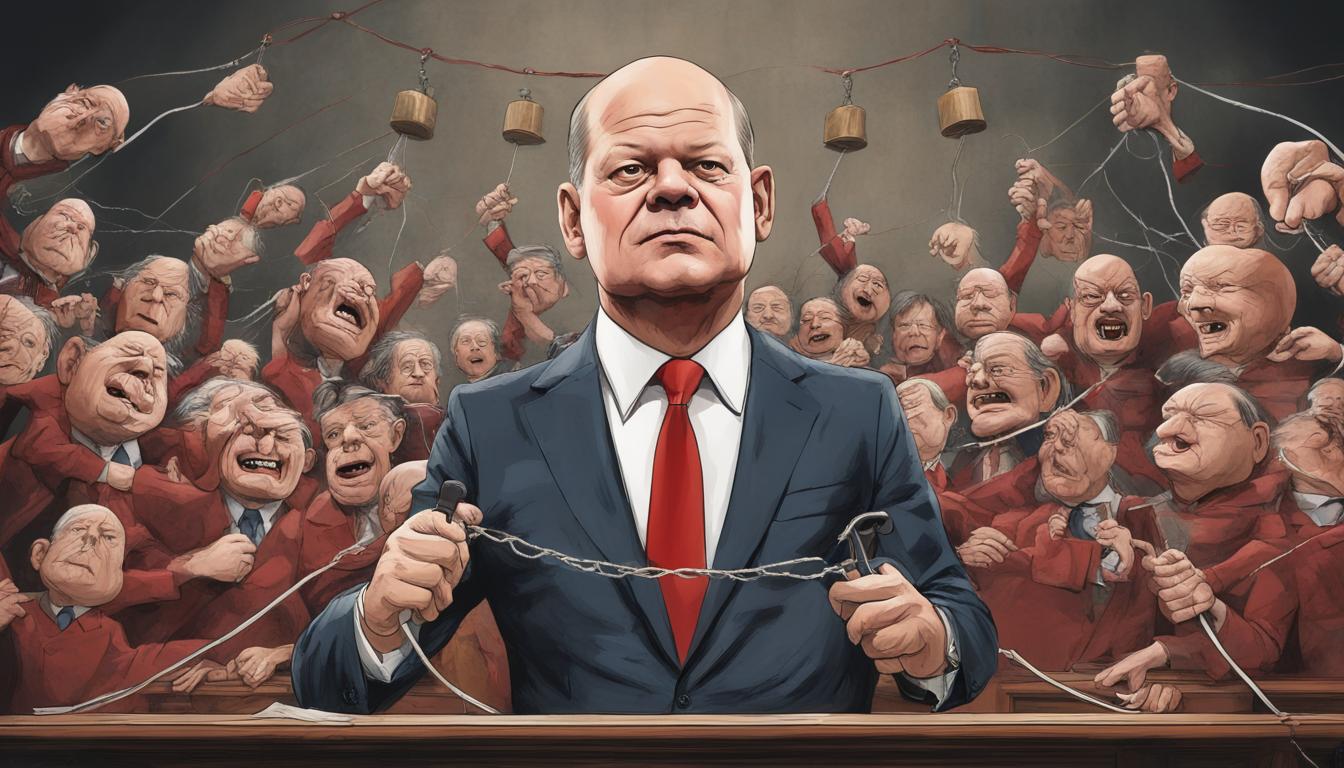Olaf Scholz is under fire as left-wing radicals pursue legal action against his government, after banning former Greek Finance Minister Yanis Varoufakis from a political event in Berlin.
German Chancellor Olaf Scholz is grappling with controversy as left-wing radicals initiate legal action against his government. The dispute centers on a decision to impose a travel and speech ban on Yanis Varoufakis, the former Greek Finance Minister. This action followed a disturbance at a Palestinian Congress in Berlin, where Varoufakis was scheduled to discuss the Gaza crisis. The event was subsequently canceled.
Varoufakis, in response, criticized the German government for infringing on basic freedoms and accused it of taking an authoritarian stance. His political organisation, MeRA25, echoed these sentiments, likening them to the practices of authoritarian figures such as Viktor Orban. They have taken legal steps against the German authorities for violating Varoufakis’ rights and for defamation, and they plan to escalate the issue to European courts if necessary.
The row emerges at a sensitive time for Germany, coinciding with the 75th anniversary of its postwar constitution, the 1949 Basic Law, amid growing concerns over democracy in the country. The rise of populism, highlighted by successes of the right-wing Alternative for Germany (AfD) party, poses questions about the robustness of constitutional safeguards against extremism. Despite scandals that have impacted the AfD, its influence remains significant, particularly as Germany approaches European parliamentary elections, which forecast a rise in right-wing support.
These incidents underscore the challenges Germany faces in maintaining democratic principles in a changing political landscape, marked recently by increasing scrutiny of its commitment to uphold civil liberties and constitutional rights.



